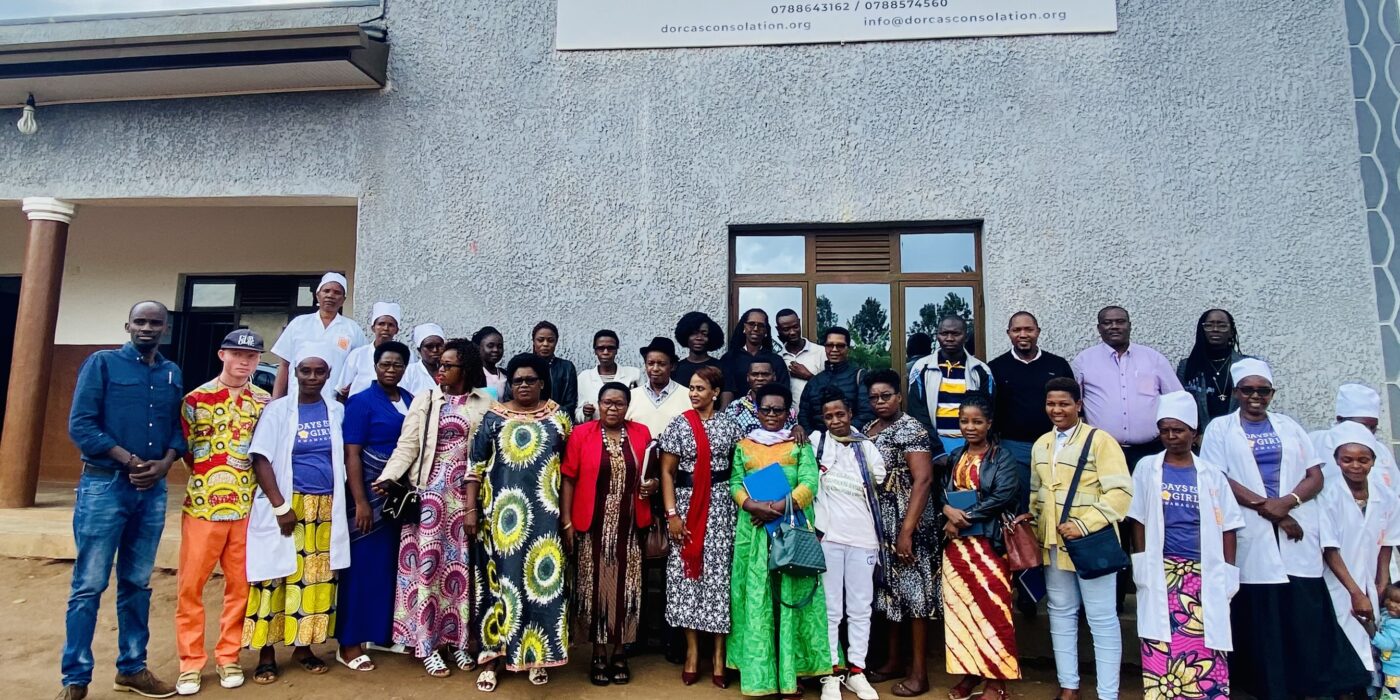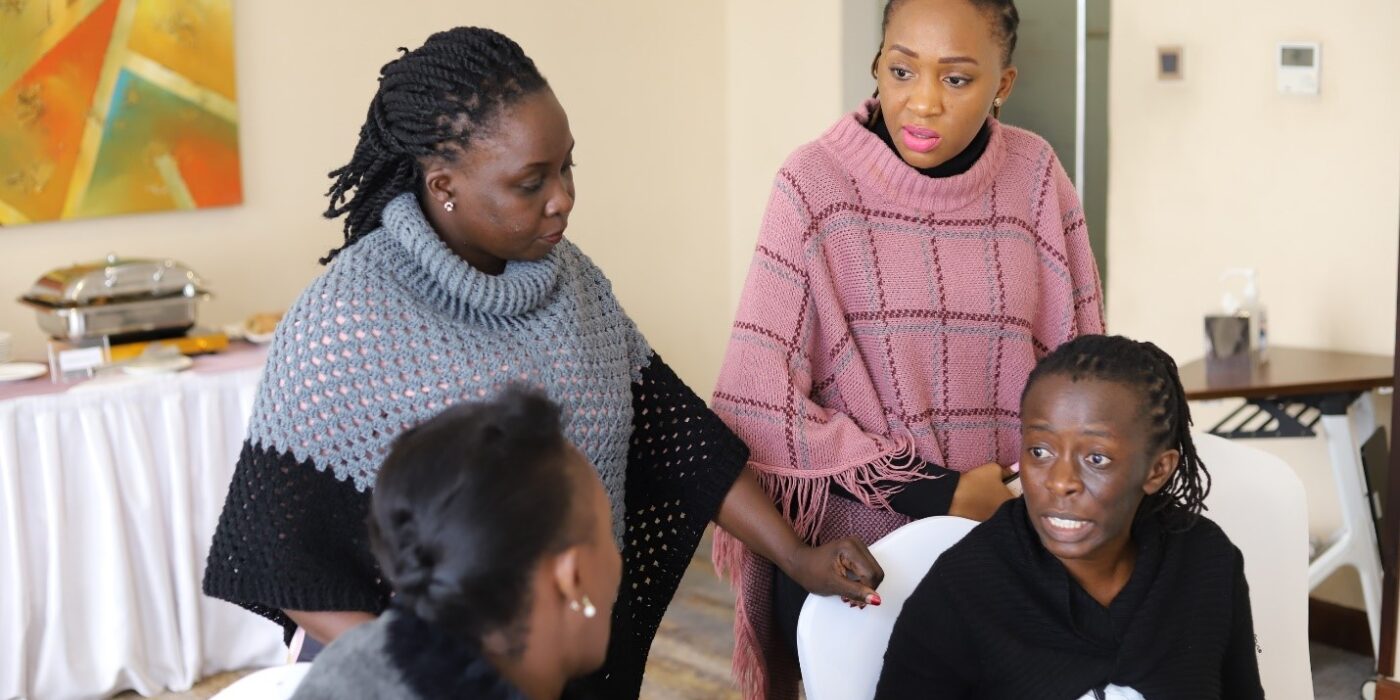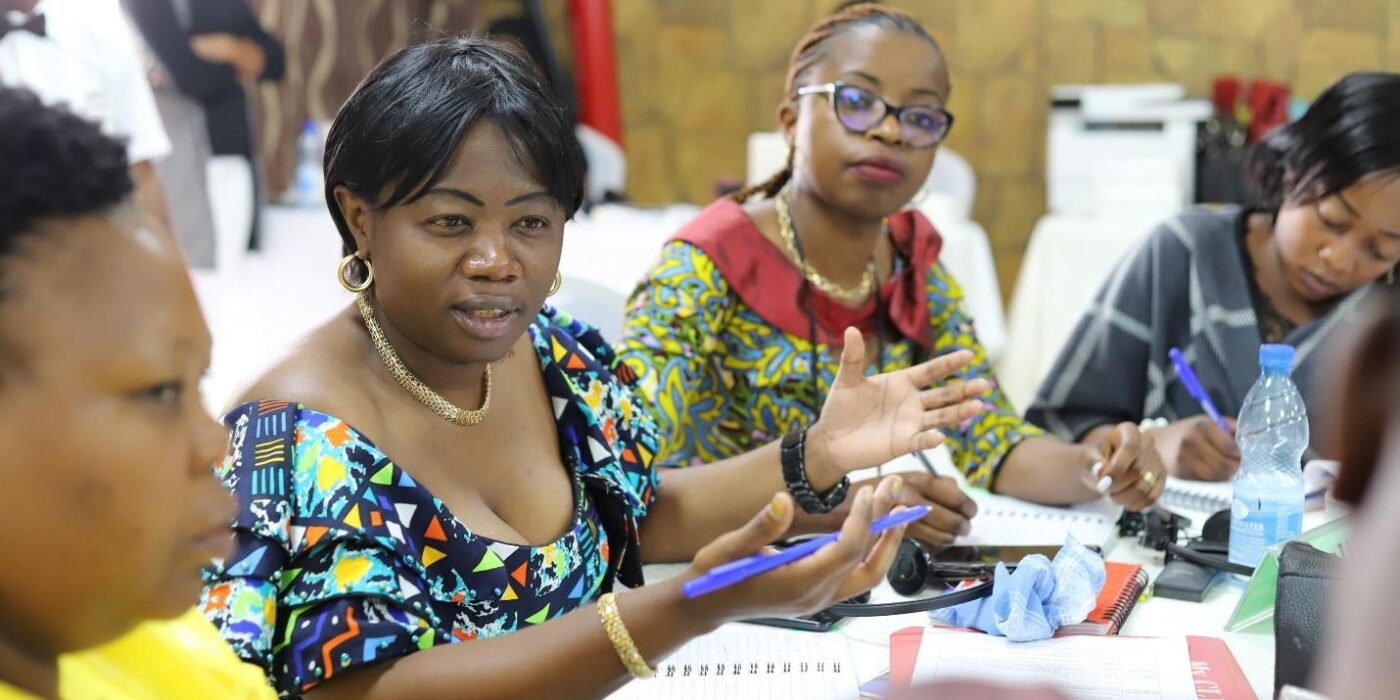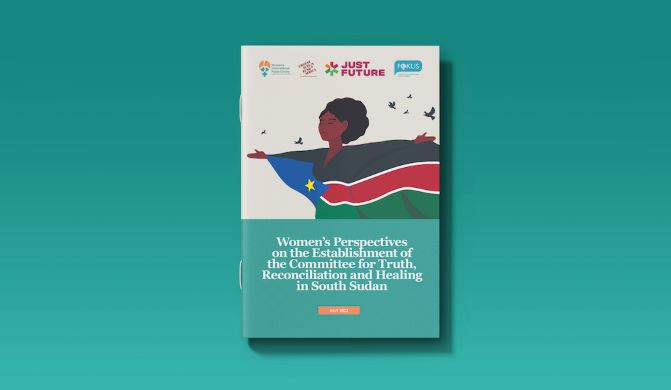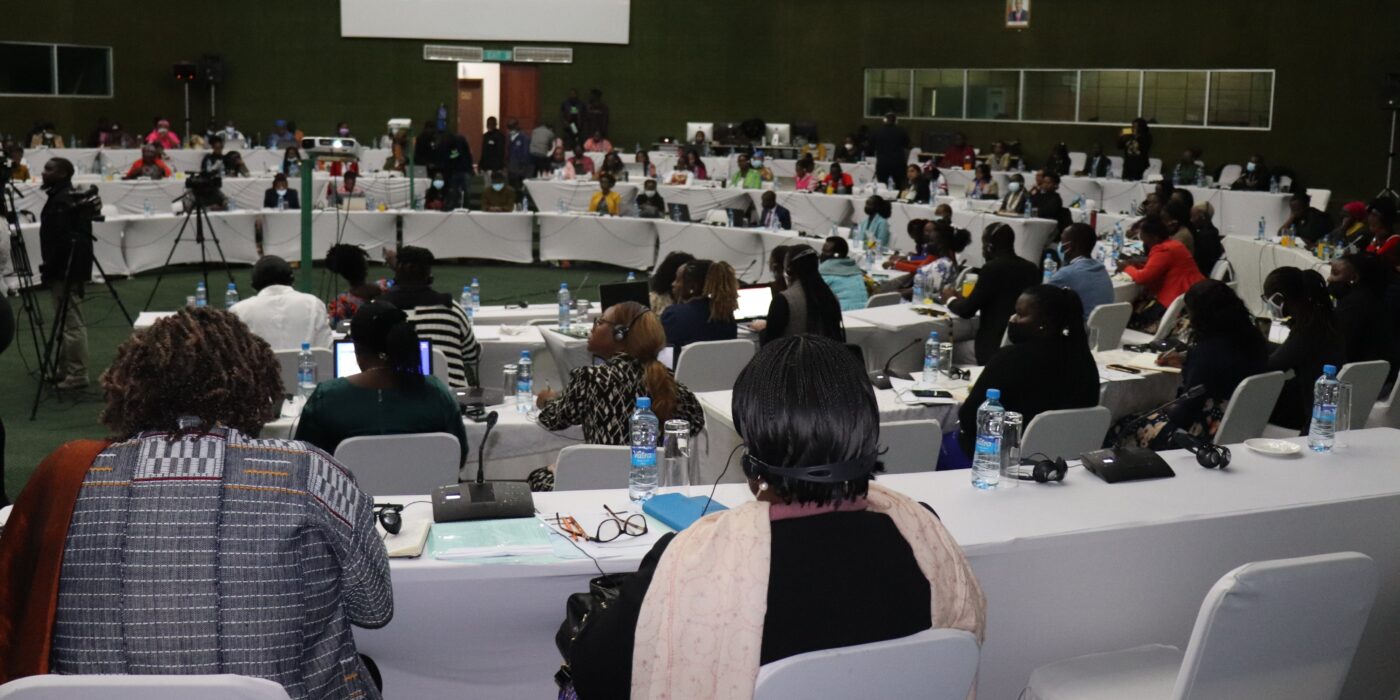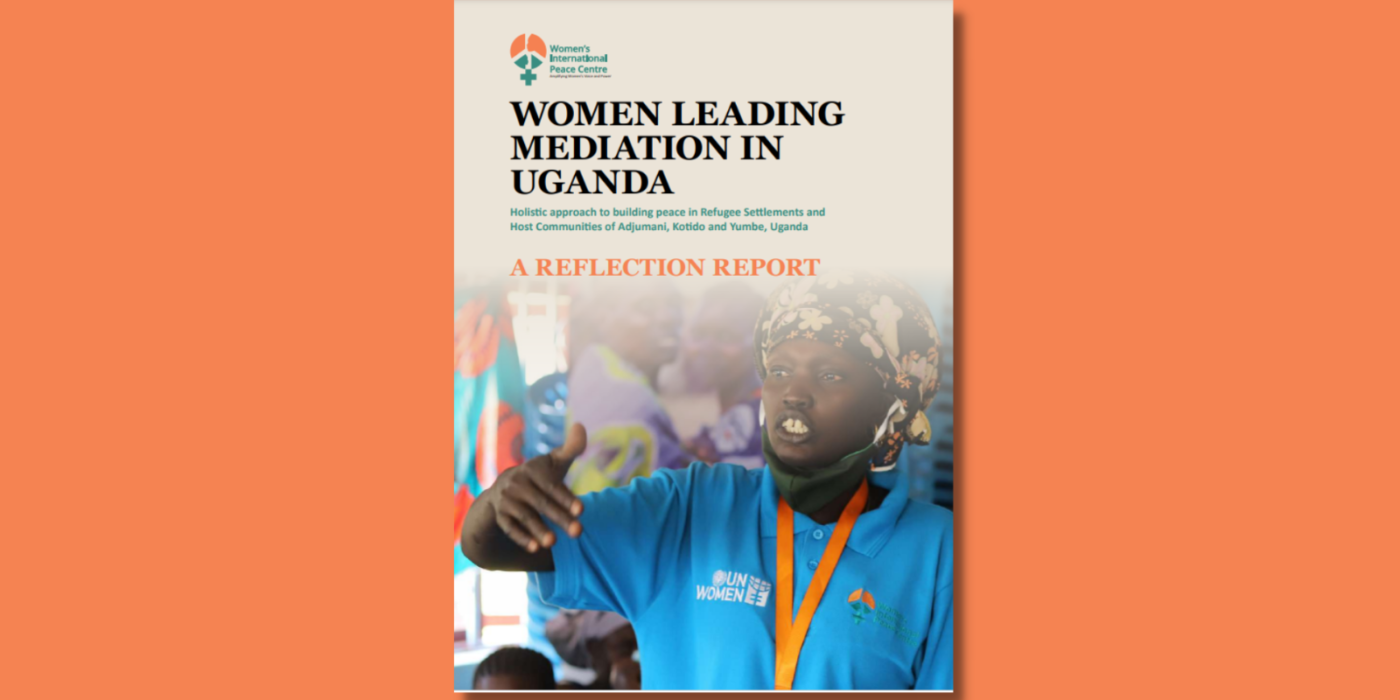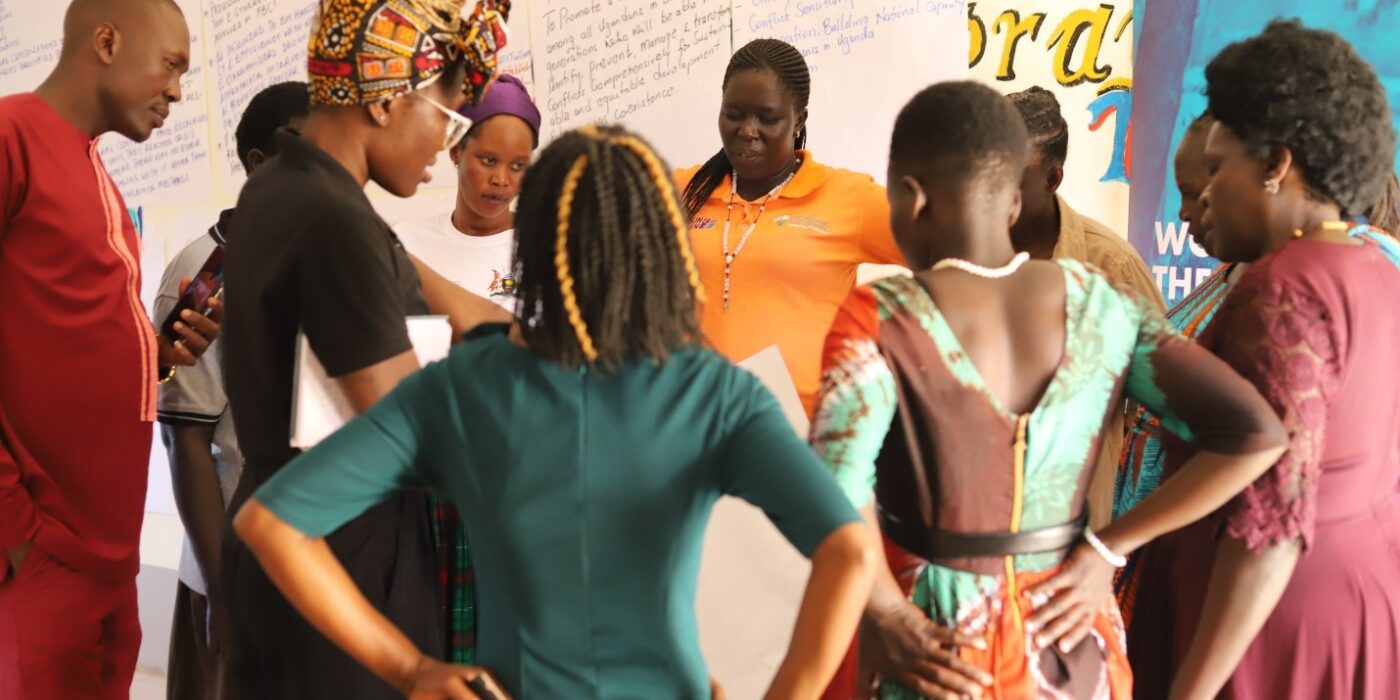Study and Learning Exchange of Women Civil Society Organisations working on the Implementation of United Nations Security Council Resolution 1325 in Rwanda and Burundi
In partnership with the Association of Women Repatriated from Burundi (AFRABU), Women’s International Peace Center together with CORDAID, organized a 3-day mission of study and exchange of experience with Rwandan non-governmental organizations under the leadership of the “Réseau des Femmes Oeuvrant pour le Développement Rural (Réseau des Femmes)”. They were joined by representatives of the Umuhivu w’Imboneza platform in Burundi, which is a collaborative framework for elected women and young people as well as women and young leaders of Civil Society Organizations for the promotion of leadership and the inclusive participation of women and young people at the community level.
This mission aimed to strengthen the Umuhivu w’Imboneza platform through the exchange of experiences between the members of the Platform from the 7 pilot provinces of Bubanza, Bujumburan, Bujumbura Mairies, Bururi, Cibitoke, Mwaro and Rumonge under the Just Future project and the Rwandan non-governmental organizations working on the implementation of resolutions 1325 and 22 50 at the community level.
Starting October 19th, the team visited DORCAS Consolation Family and Urugo Women Opportunity Center in the Eastern Province in Rwamagana and Kayonza. They then proceeded to Duhozanye Organization in the South Province and finally had a meeting with women leaders of public and private institutions in Kigali.
The aim of the exchange visit was to strengthen the Umuhivu alliance on the basis of the exchange of experiences, initiatives, successes, challenges, opportunities, and strategies, between the members of the platform and Rwandan CSOs.
Following the presentations of different organizations’ initiatives and activities, discussions focused on some of the poverty-related challenges that girls and women face including sexual abuse, teenage pregnancy, early motherhood as well as school dropouts among others, and how they are combating the issue of poverty among their communities.
It was emphasized therefore that in order to achieve inclusive development, it is necessary to empower women to emerge from poverty which makes them more vulnerable than men.
Kabanyana Ketsia, the founder of the Dorcas Consolation family, explained to participants how the organization works with different stakeholders like schools, local authorities to promote their projects which contribute to poverty alleviation in societies. An example of the projects is the production of sanitary serviette/reusable pads for girls during menstruation which has created employment for marginalized women who are paid every month.
She further highlighted that based on its community approach, Dorcas Consolation Family has also established a health post that receives about 700 people per month, especially women and girls.
At Urugo Women’s Opportunity Center (WOC), participants were introduced to the different income-generating activities the organization runs to fund its education and training activities. These included; accommodation facilities, restaurant and bar, cafe, handicrafts shop, a dairy production unit, and rental space for meetings and events..
Viviane Kayitesi Kayihura, the Executive Director of the organization explained that the organization also provides training in numeracy, business management basics, planning, selling produce in the market, bookkeeping, and management of cooperatives in order to help women earn and save money. She also encouraged participants to work together and support each other to achieve their goals if they want to move ahead in their lives.
“We believe that when a woman is supported by her peers and provided with the right resources and opportunities, even those most affected by conflict, the woman can develop her confidence and necessary skills. to transform his life, his family, and his community.” Mrs Kayihura said.
The final visit was made to Duhozanye Organization, which was launched by 330 widows who decided to collectively address the consequences of the 1994 genocide such as the death of their husbands, children, and family members; physical and moral injuries; loss of property, exclusion and lack of shelter, isolation, fear, poverty and loss of hope to live.
Murungi Jackline, the in charge of programs within DUHOZANYE, presented the current programs and activities which are based on the socio-economic rehabilitation of the widows and orphans of the genocide in order to integrate them into daily life so that they can in particular strive towards autonomy and participate more generally in the development of the countryThe organization also organizes dialogues to help widows and orphans break out of isolation, help widows find housing, provide the means to exploit opportunities for autonomy, promote gender equality and fight against gender-based violence.
In this study visit, it was realized that the problems that hinder the development of girls and women are almost the same in Rwanda as in Burundi.
Therefore, a number of recommendations were suggested to address challenges that women and girls encounter in everyday life. These recommendations included;
- Mobilize girls and women to participate in decision-making, peace and justice;
- Advocate for the installation of safe rooms in primary and secondary schools, equipped with menstrual hygiene facilities for girls;
- Develop and include messages on sexual health and rights education in community dialogues in order to reduce unwanted pregnancies among young girls;
- Develop income-generating initiatives for women and youth with the aim of reducing poverty within the community;
- Advocate for unpaid work currently done by women and girls to be sharedwithin families;
- Develop mobilization programs to fight against gender-based violence.

